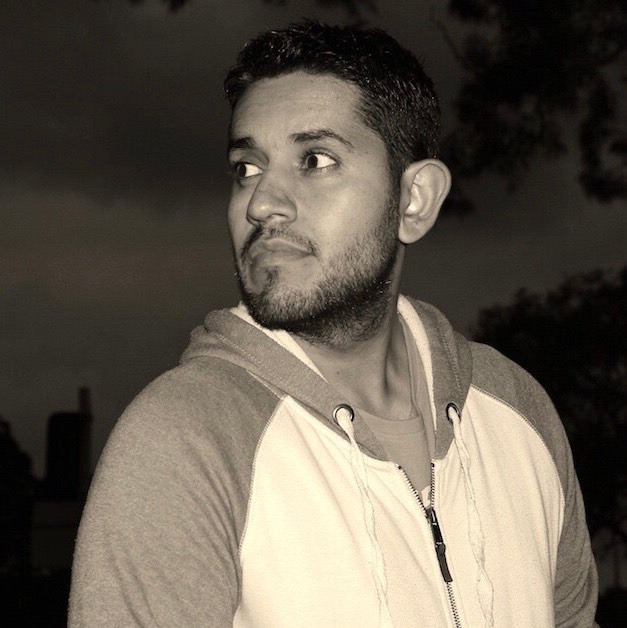
Taxi Driver and Raging Bull scribe Paul Schrader’s directorial efforts have seen a bumpy road, a collision of ambitious ideas and mixed filmmaking techniques that have resulted in highs (First Reformed, Affliction) and lows (Dying of the Light, The Canyons… a number of these lows, it must be said, have come from messy productions and creative clashes). But, even the rough Schrader works have offered their stars meaty roles to work with. With The Card Counter, an interesting contrast of themes and approach that Schrader has both penned and directed, we find Oscar Isaac in absolute top form.
Isaac plays our titular gambler, William Tell, a former U.S. soldier who has spent eight years in a military prison for his role in the torture and abuse of prisoners at the infamous Abu Ghraib prison in Iraq.
Many will remember the horrible images of torture that spread through the media in 2004 (if you’re unaware, feel free – if you can stomach it – to Wikipedia it or hit Google images with a search), highlighting the atrocities and leading to the conviction of several soldiers. A number of soldiers convicted maintained that they were either directed to by superiors or acting under their full awareness. These higher-ups did not face the same spotlight.
Now a full-time gambler, William spends his time at casino poker tables, keeping a low profile with modest bets and preferring to stay at local motels. While at an Atlantic City casino, William sees a notice for a security-industry convention with a talk being held by a retired Major, one John Gordo (Willem Dafoe). This Major, we learn, was William’s superior at Abu Ghraib. William soon meets a young man, Cirk Baufort (Tye Sheridan), who tells him that his late father was also under Gordo’s command. Cirk, having witnessed his father’s spiral, now has a plan for vengeance and has Gordo in his sights. Wanting to keep him away from this problematic path, William decides to take Cirk with him on a World Series of Poker tour.

Tiffany Haddish plays La Linda, who manages a group of investors who back gamblers. While initially hesitant, William agrees to be a part of her “stable” and the two form a friendship.
With those real-world tortures and the wide-reaching points associated with war, interrogation techniques and human rights abuses, as well as the ramifications on military personnel involved, The Card Counter certainly has weighty issues as a thematic backdrop. Schrader scatters some discussion points along the film’s relatively simple surface narrative – a man, with PTSD gnawing underneath, hitting various casinos and gambling. But while there is a strong sense of Schrader wanting to look at various things in this character study, the film leans too heavily on the surface. Sure, there are moments where William’s voice-over provides interesting factoids about gambling and the casino life, and the unfolding relationship between William and Cirk has some telling moments, but we’re kept away from the real meat for far too long. There’s a relaxed approach to the overall story that doesn’t serve it all that well.
Scenes of the tortures themselves are depicted in brutal, nightmarish flashbacks, with a type of fisheye lensing used to push an unsettling you-are-there POV. You can almost smell the excrement. Schrader doesn’t stay too long in these hellish moments, only putting viewers in the horror sporadically, but including them is necessary to drive home some of the horrors haunting William and Cirk, each in very different ways. These harsh sequences also serve as narrative jabs, punching things up a bit when the umpteenth gambling point is made.

The film is carried by Isaac, giving an intense and layered turn as a PTSD-suffering man writhing with morals and culpability. Isaac often underplays it, providing hints at what’s boiling underneath this man’s stoic demeanour. It could have easily been a more raucous part, allowing for explosive, scenery-chewing emotion, but Isaac and Schrader cleverly keep William contained, allowing small tells here and there to draw us in. If only Schrader provided the character with more narrative beats to play with.
Sheridan is also good as Cirk, balancing the young man’s frustration and naivety, as well as his understandable respect for William. Haddish, unfortunately, is miscast as La Linda, never quite feeling like a natural or integral part of the film. And Dafoe, despite being underused, puts in his usual reliable work.
Isaac and a number of strong sequences, as well as a nicely underplayed finale, manage to make The Card Counter watchable and even somewhat decent, without reaching what it could have been as a whole. There’s a strong A plot that’s set up, with Cirk’s plan and William’s desire to keep him from it, only to be frustratingly underdeveloped while we spend our time on the much-less-interesting B plot: William gambles, Cirk hangs out, and La Linda turns up now and again. The Card Counter has a strong hand, but hedges its bets. The play is okay; it could have taken the pot. It’s a gamble that… okay, you get it.

‘The Card Counter’ was released in the U.S. on September 10th and opens in Australian cinemas on December 2nd.Â












